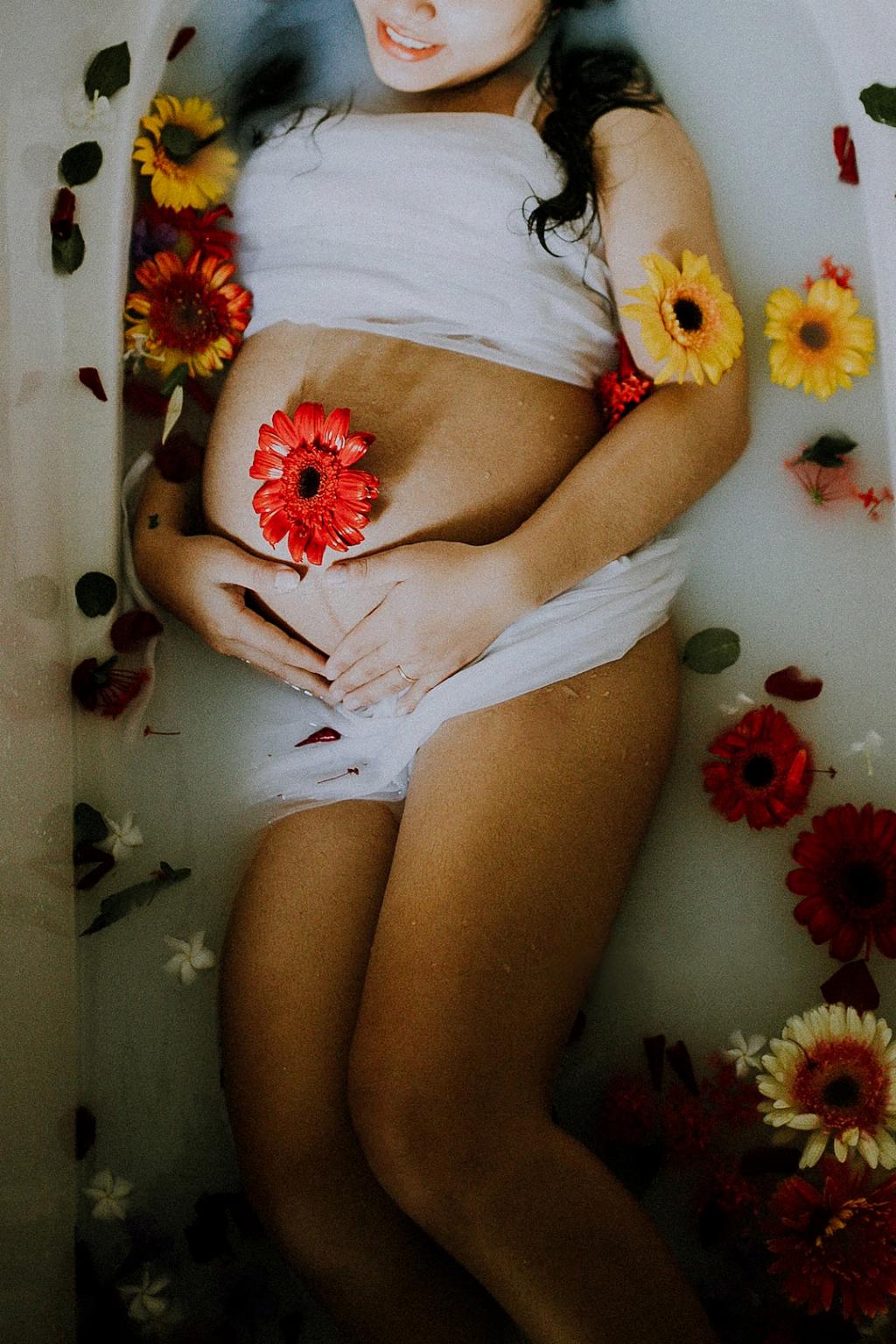When it comes to the concept of the biological clock and the desire for a baby, it’s crucial to understand that the biological clock refers to the natural process of aging that impacts fertility in both men and women. This biological clock influences the optimal time for reproduction, highlighting a sense of urgency for many individuals to have children.
For women, the biological clock is often associated with the decline in fertility that typically begins in the mid-30s. This decline is attributed to a decrease in the quantity and quality of eggs in the ovaries, making it more challenging to conceive as individuals age. As a result, many women feel a sense of pressure to have a baby before this decline becomes more pronounced.
Men also experience a decline in fertility as they age, although the process is more gradual compared to women. While men can produce sperm throughout their lives, the quality of sperm tends to decrease with age, leading to potential challenges in conception. This aspect of the biological clock can also influence the desire for men to become fathers at a younger age.
It’s important to note that the desire for a baby is not solely driven by the biological clock but is also influenced by social, emotional, and personal factors. The decision to have a child is a complex one that involves considerations beyond just biological factors, such as financial stability, relationship status, and personal readiness for parenthood.
Despite the emphasis on the biological clock and its impact on fertility, it’s essential to recognize that individuals have options for starting a family at different stages of life. Advancements in reproductive technology, such as in vitro fertilization (IVF) and egg freezing, provide opportunities for individuals to preserve their fertility and extend their reproductive window.
Furthermore, the societal perception of age and parenthood has evolved in recent years, with more individuals choosing to have children later in life. This shift reflects a changing perspective on family planning and a recognition that there is no one-size-fits-all approach to starting a family.
Ultimately, the biological clock serves as a reminder of the natural limitations of fertility that individuals may face as they age. However, it’s crucial to approach the decision to have a baby with a holistic perspective that considers a variety of factors beyond just biological age.
By understanding the interplay between the biological clock and the desire for a baby, individuals can make informed choices about when and how to start a family that align with their personal goals and circumstances. It’s essential to engage in open and honest conversations about fertility and family planning to ensure that individuals feel supported in their journey towards parenthood.

